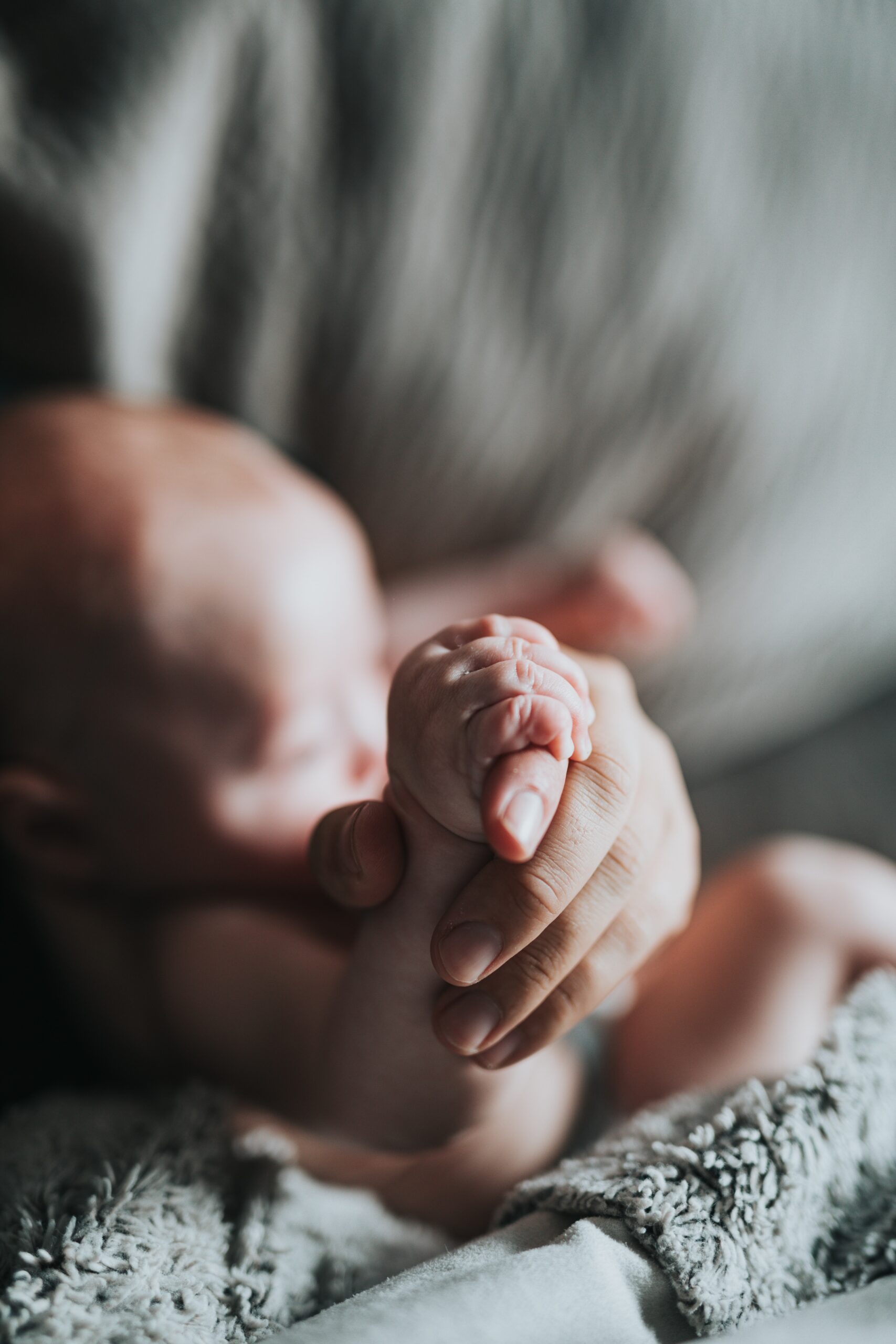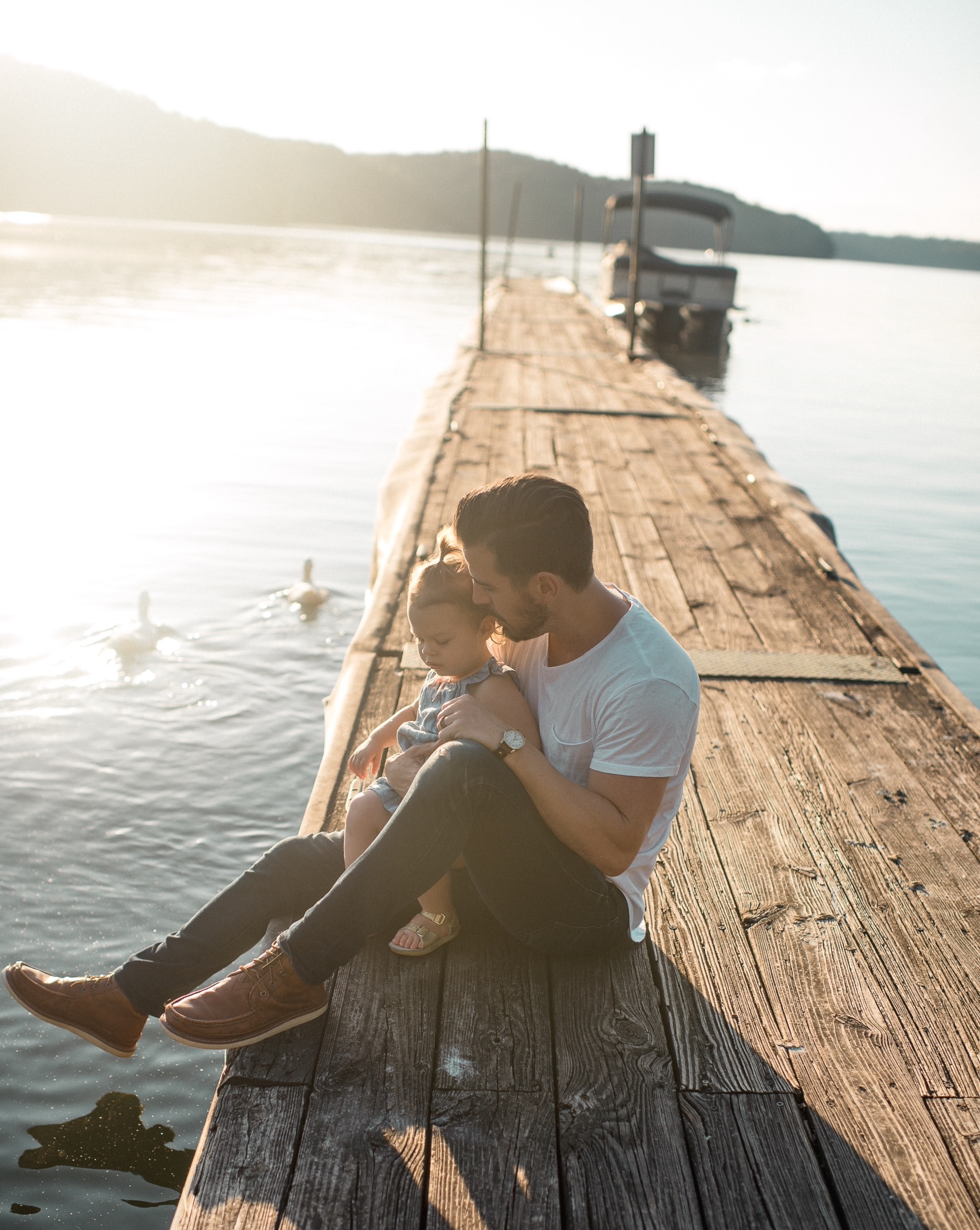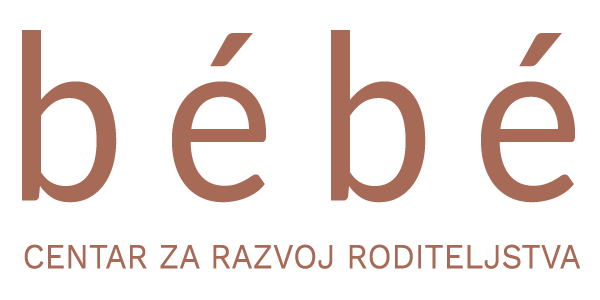- PROMOTIONAL OFFER: BABY TOWEL FREE WITH EVERY REGISTRATION UNTIL THE END OF JUNE! The offer is valid until June 30, 2022.
The role of the father
H ave you ever wondered why it is insisted at birth that Dad cuts the umbilical cord?
I also did not realize how crucial that moment was until my husband cut the physical umbilical cord at birth, as well as the psychological one, a few months and years later.
If you’re a mom, put yourself in your dad’s shoes for a moment. There is something fascinating, but at the same time frightening about knowing that your chosen one is feeding a new life during pregnancy, and you may be frustrated that you can't feel everything she feels. Mom somehow naturally learns to accept that little tenant, while for Dad it’s a gradual process.
There is a lot of talk about maternal instinct, and what about paternal instinct? It certainly exists, it is only up to us, both mothers and fathers, to remember it and let it work. Usually in this process we come to the conclusion that fathers after the birth of a child feel a rush of need to provide for their family and to protect it. By helping the mother during pregnancy, childbirth and later recovery, they are actually helping the baby, building a relationship with the child through the mother. It often takes some time after returning from the maternity ward for everyone to find "their place" in this newly formed team, and this is natural. Talk about it, such a conversation can be useful and deepen your partnership. Respecting the needs of the other partner and expressing your own, you will surely find ways to become a team that will complement and support each other. If mom is breastfeeding, she will connect with the baby that way, but there are still many spaces and moments that can become dad’s rituals. Why not leave the evening bath or the morning walk to Dad, when he will connect with the child in his own way. Initial uncertainties are normal. And mothers feel them, they just rarely talk about it. But after a while, the baby actually guides you and encourages you to find your way as a parent, while the mother is different from the father and that diversity lies in the richness of learning for the baby. Research has shown, and you certainly confirm, that in families where fathers are actively involved in caring for, raising and playing with the child, there are fewer partner quarrels, which indirectly affects the child's sense of security in the family.
As a child grows, a relationship with dad is usually built through playing, reading or listening to favorite music. Dad's games are often stimulating, with a lot of challenges, sometimes sports. It has been proven that children who have created a healthy attachment with their fathers, through play or caring for them, have more self-confidence later in life and find it easier to make contact with peers. During the research, it was noticed that fathers have a great influence on the development of vocabulary, communication skills and then indirectly the child's IQ, because they use a wider range of words in communication with the child, talking about various topics and asking the child many questions. And we know that communication skills are correlated with academic success.


When mom and baby are ready for this, it often happens that the baby sleeps in a piece the first night when dad "cuts the psychological umbilical cord", regardless of whether mom is still breastfeeding in the evening and morning. Here is another proof that dad has an indispensable role in the relationship between mom and baby.
Research has shown that a child learns about diversity from their parents, and our mom and dad are our teachers for different influences and skills. Even the baby during the massage recognizes the father's firmer pressure than the mother's milder and communicates differently during the massage, just as if building a relationship with each of them in a different way, but equally strong and important.
Finally, I would like to look back at the revolution that is happening before our eyes, in our generation of new parents. Think about the role of the father that our parents played, and only our grandmothers or great-grandfathers. Fathers are now closer to our children than ever and (finally) have time to devote themselves fully to their care and upbringing. What value it is for our children! But let’s not forget to support each other, especially keeping in mind that maybe your partner in his childhood didn’t really have the role model of a father that he would like to become for your child now!
